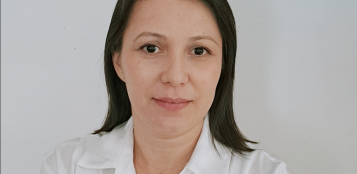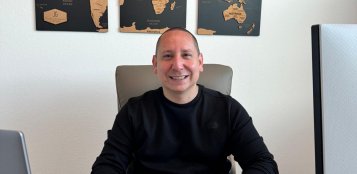Brazil Origin Trip Report
- June 2023
- Travelogue

Ahead of the 2023/2024 crop, we traveled to Brazil for two weeks to evaluate the crop, visit suppliers, and try to get a feeling of the producer’s mindset for the upcoming season. After landing in Sao Paulo, we made our way North to Varginha in Minas Gerais, stopping in producing regions in Sao Paulo along the way. During our 6-night stay in Varginha, we used the weekend to fly to Zona de Mata and experience the first harvesting of 23/24 in person.
As reflected in KC prices, weather in Brazil’s production regions has been erratic. Over the past 3-4 years, we have seen ideal growing conditions, instances of drought, and the first serious frost since 1994. It cannot be understated how significant this has been for the Brazilian coffee market. The weather events shifted behavior from producers, exporters, cooperatives and even roasters.
These events also meaningfully impacted production for each crop year. The frost of 2021 caused varying degrees of damage to the coffee plant. Some plants were heavily impacted and required stumping, others a mere prune. For some plants, producers believe that the frost inverted their on/off cycles. In extreme cases, we observed totally healthy trees side-by-side with trees killed by the frost.
Additionally, we should see some new, smaller plots start to come online following post-frost renovations, although in small volumes. Picking and choosing how much emphasis to put on these abnormalities and swings in yield, is most likely causing these large estimate skews. For example, we visited one farm which in one growing plot was predicting yields of up to 60 bags per hectare, whereas another as low as 15 bags per hectare (we estimate average yield for 23/24 as 27 bags/hectare for arabica).
Quality should be good for this crop, with more than 35% of early crop arrivals coming in above screen 17. Additionally, the maturation process has been very uniform. While impossible to process this theoretical volume as Semi-Wash due to the effort required, more than 25% of the coffee produced in the Mogiana and Sul de Minas farms we visited, has the capacity to be Semi-Washed quality. (Usually, farmers only allocate their top production for Semi-Washed).
Please get in touch for further information and details.
More articles

Dear Coffee Friends around the world, Hamburg Coffee Company and its subsidiary American Coffee Cor...

Hamburg Coffee Company and its subsidiary American Coffee Corporation are excited to share some sign...
